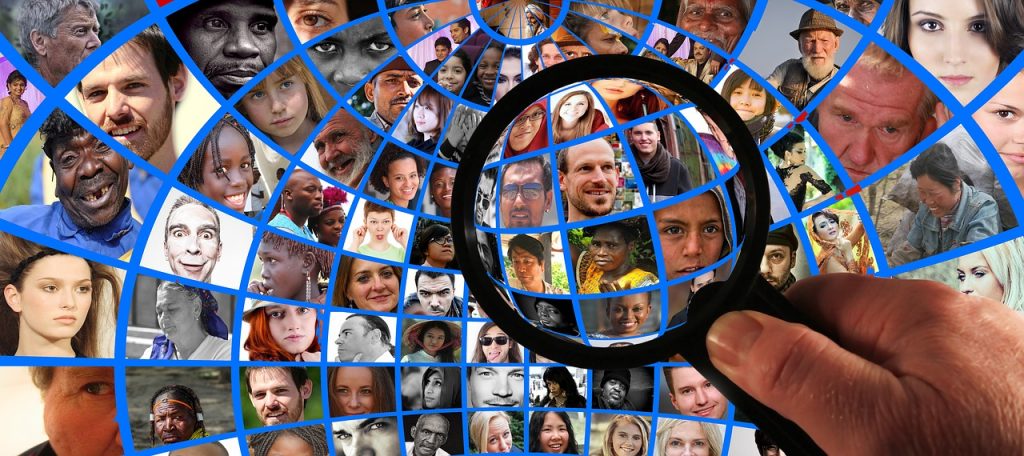CDC Allegedly Tracking US Citizens?
Leaked data reveals that the CDC obtained cellphone location data with the sole purpose of tracking citizens.
This article is more than 2 years old

Since Edward Snowden informed the United States populace of the government’s resident tracking activities in 2013, it has become no secret that government agencies like to keep tabs on citizens no matter how unjust it may look. Newly leaked documents from the CDC, unfortunately, serve to convey just how prevalent citizen tracking has remained. The Vice Reported that recent documents collected reveal that the CDC purchased cellphone location data with the intent of tracking citizens’ whereabouts during the height of nationwide Covid-19 lockdowns.
The documents pertaining to the CDC’s intent on tracking citizens were initially obtained by the online publication Motherboard via the Freedom of Information Act. Individuals privy to the documents were able to extrapolate how the CDC acquired the location data as well as how they used it. The data obtained by the CDC was used to largely pick out travel and movement patterns of US residents. The data revealed when people went to and from schools, places of worship, and even between state and country lines. In the paperwork, the CDC outlined that it intended to use the data on a general scale to pick out patterns that could be used to identify correlations between movement and Covid-19 cases. However, if the agency wanted to they could easily use the data to identify singular individuals.
More disturbing still than how the CDC used the data is how and whom they obtained it from. The CDC purchased the location information from a data brokerage called SafeGraph for $420,000. SafeGraph’s business practices are ones that have been repeatedly brought into question. The way that SafeGraph conducts business is so questionable, in fact, Google has since barred the company from having any involvement within its Play Store. Zach Edwards, a market researcher who is familiar with how SafeGraph conducts itself, highlighted “They are willing to sell extremely fine-grained data and anyone with a credit card can start buying it.” Additionally, among those with heavily vested interests in the company is the former head of Saudi Intelligence.
Unfortunately, while news that the CDC used extrapolated location data for tracking citizens is exceedingly concerning and equates to an overt violation of personal privacy, the occurrence is in no way unique. What’s more, is that it is an activity that is not even limited to government agencies. Considering that companies like SafeGraph sell sensitive data to anyone willing to fork over funds, it’s safe to assume that unbeknownst to many their data is constantly being utilized in ways that they did not condone.
The media is also a frequent offender in tracking citizens, too. For instance, Vice pointed out that The New York Times used data to highlight the difficulties those living in improvised communities had during the height of widespread Covid-19-related lockdowns. While, in the New York Times’ case, the motive for using the data may have been to shed light on a concerning situation, it still does not remove the undercurrent that they were able to get ahold of that sensitive information in the first place. Overall, the revelation surrounding the CDC tracking citizens serves as a reminder that in a world defined by digitized integrations, personal privacy no longer can be likened to how it was in the past.




